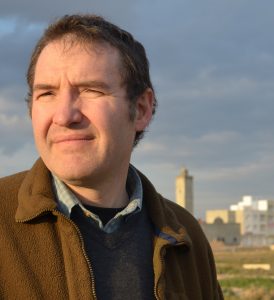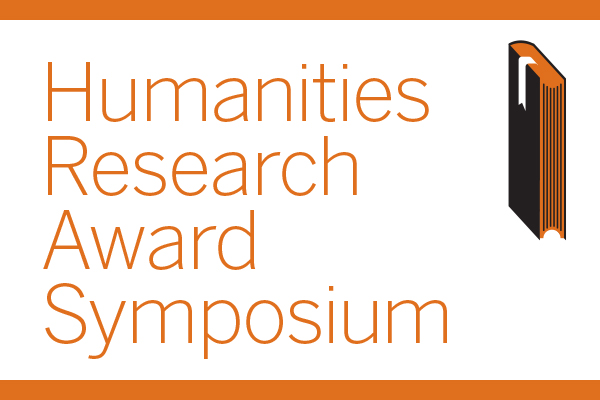
Religion and politics are at the root of conflict around the world, and historians are looking to the past for solutions to today’s most heated debates.
Benjamin Brower, an associate professor in the Department of History and Center for Middle Eastern Studies, examines the Muslim pilgrimage to Mecca (Hajj) during the period of French rule in North Africa, focusing on how modern concepts of the secular formed in a colonial setting.
“Today we see these questions about religion and politics being debated in a really repetitive way,” Brower said. “When we look at historical sources, we see echoes of the present; but if we look closely, we can distinguish some important differences.”
Brower’s research considers the Muslim pilgrimage under French colonial rule during a time of secular reform in France, particularly in 1905 when the Law of Separation was passed, separating church from state.
“It’s been a hot topic of celebratory scholarship in France, with people claiming the Law of Separation to be the origin of democracy and human rights,” Brower said. “But no one was looking at the development in a colonial context like Algeria. It was framed as a purely European story, and I wanted to look at it on a larger scale.”
What Brower found was while France remained secular, the French government kept a hand on Muslim institutions in its overseas territories, going as far as to manage some of their religious practices. The French wanted to maintain control over this group of people, Brower explained.
“The French saw the ‘good ‘Muslim’ and the ‘bad Muslim’ among its colonial subjects,” Brower said. The good Muslim respected French rule, while the bad Muslim opposed them. The state’s control of Islam and institutions like the Hajj was seen as the best way to reliably cultivate the “good Muslim.”
Brower reflects on his 2012 research trip to Tunisia, the beginning point of the “Arab Spring” revolutions that swept out of North Africa. He credits the experience for offering him a new perspective and unveiling new sources for his research.
“Living there, I followed the contemporary debates about Islam and the state very closely and they revealed new ways of understanding secularism,” Brower said. “It opened my eyes to reading the sources in ways I hadn’t done before to rethink Islamic views of secularism in colonial and post-colonial contexts.”
Islamic reformers of the colonial era, considered as the forefathers of today’s Islamist parties and movements, were calling for secularism at one point to free religion from the control of the state, Brower explained. This experience is lost on many today who declare Islam to be both religion and state.
“Some of the differences in earlier experiences are really marginalized in the secondary sources today,” Brower said. “Without history we can’t come to terms with issues of today. History offers a unique perspective on the processes of change.”
Brower hopes to publish his book on North Africa’s pilgrimage to Mecca in the colonial era, in 2018.
Brower’s work was supported by a Humanities Research Award, a three-year $15,000 research grant created by the Dean of the College of Liberal Arts. He presented his findings at this year’s Humanities Research Award Symposium.
